2018-12-06
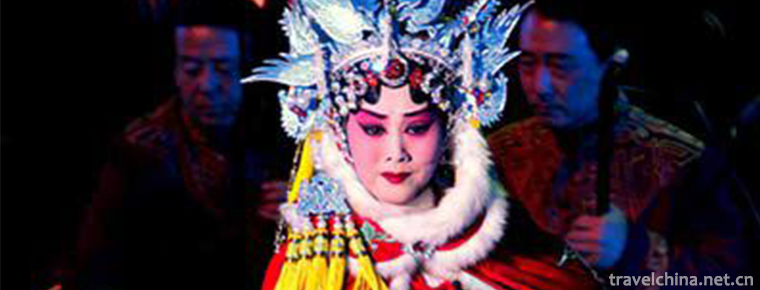
- By ChinaWiki.net
- Chinese Edition
- 2019-05-15
Random Bomb Luan tan
Random Bomb, a traditional drama in Taizhou and Pujiang counties of Zhejiang Province, is one of the national intangible cultural heritage.
Chaotian bullet appeared in the rising period of Huabu opera tune in Qing Dynasty. It generally refers to the emerging traditional local tune drama from the end of Kangxi to the end of Daoguang in Qing Dynasty.
In 2006, the first batch of national intangible cultural heritage catalogue was selected by random bombing, the number of heritage: IV-39.
historical origin
The random bomb originated in the late Ming and early Qing Dynasty, and has a history of more than 300 years.
In the late Ming and early Qing Dynasties, Tan Wenyu, an artist from Dongma Yan Village in Pingxiang County, went south and north, and learned singing skills and skills. On the basis of learning Kunqu Opera art, he created the rudimentary art of Dongma Yan Ran Tan.
By the late Qing Dynasty, Tan Xinmin was admitted as a disciple, while Wu Fajia (from Weixian County) and Wu Faxu (from Longyao County) were non-disciples. Tan Xinmin handed down Tan Dailu and Tan Dailu handed down Tan Fengyuan. Only in 1948 did the fifth generation of Tan Dongyu, Tan Baoqun, Zhao Donggui and Tan Donggui. At that time, there were many clubs and famous actors. At that time, Dongma Yanchao Theater Troupe was the most influential one.
Since the founding of New China, Dongma Yanchao Tan has participated in many provincial and municipal opera performances and won prizes.
Dongma Yanchao Tanjuan Opera Troupe was transferred to disciples Tan Minggang and Zhao Lianjun of the sixth generation in 1989. Now it is mainly performed during the Spring Festival or major celebrations. The audiences are becoming fewer and fewer, and the foundation for the existence of random play is becoming weaker and weaker. The art of random play is on the verge of extinction. Faced with the dilemma of the development of random bombs, how to rescue and protect this ancient cultural and artistic heritage, and how to retain the root of national art, this requires us to seriously think about the protection and development of random bombs, and earnestly come up with scientific countermeasures to implement step by step.
Cultural characteristics
Libretto
Lyrics are the structure of the upper and lower sentences, with seven-character sentences and cross sentences as the basic sentence patterns.
Musical Instruments
The accompaniment instruments and accompaniment characteristics of random play are unique. The accompaniment of blowing music, mainly suona, is popular with folk style of blowing and drumming music, with a complex syllable. The traditional accompaniment instruments in Wenchang are two suona flutes and one seven-hole flute (seven-hole flute is thinner than tune flute, slightly coarser than bamboo flute, seven tone holes) and two small square flutes. Students often use Suona and Sheng accompaniment, flute and Sheng accompaniment in the first line, flute and Sheng accompaniment in the literary plays, and Suona and Sheng accompaniment in the martial arts.
role
Random play should be divided into four categories: life, dan, clean and ugly. The performance is old and simple, rough and enthusiastic. It pays attention to singing, reading, doing and playing. The performance of random bullet pursues warmth, explosion, strong soil flavor, rough and bold, with the artistic characteristics of plain, fresh, exciting, high-spirited, generous and unrestrained.
In the 1960s and 1970s, the performance props were played in disorder with "pure rhythm" and the aria and accompaniment were performed in a multi-voice form of "branch polyphony". Each voice part was carried out independently under the overall constraints to form a unique and delicate melodic contrast effect, which is unique in the Chinese opera tune. The study of random play is of great value to enrich the theory of Chinese multi-voice music.
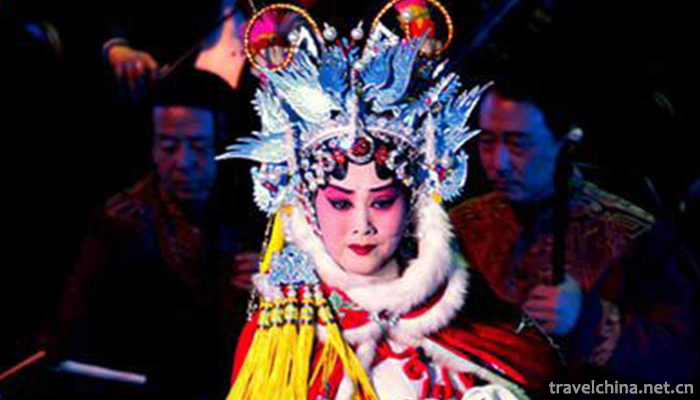
Ask a Question
Your email address will not be published.


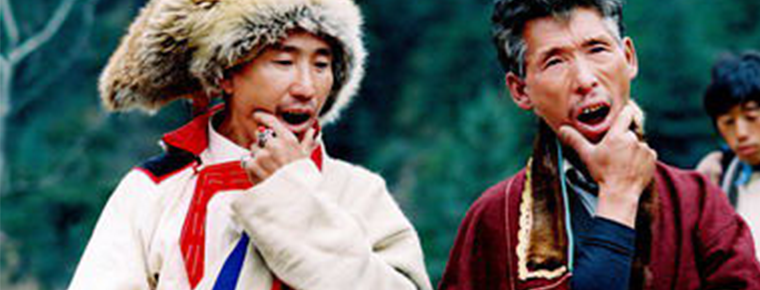
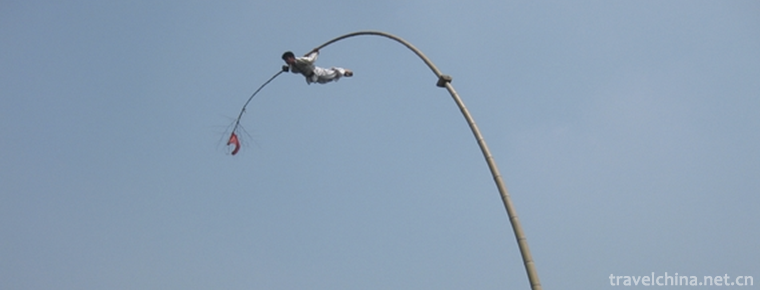
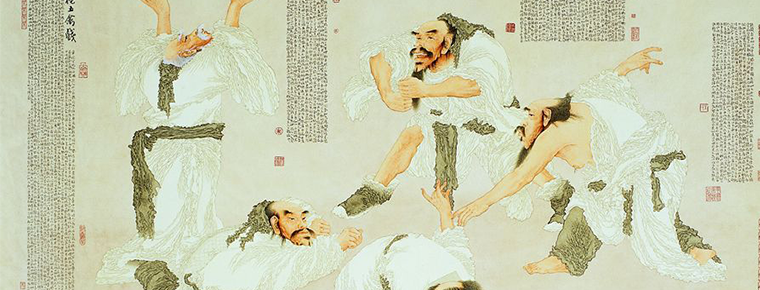
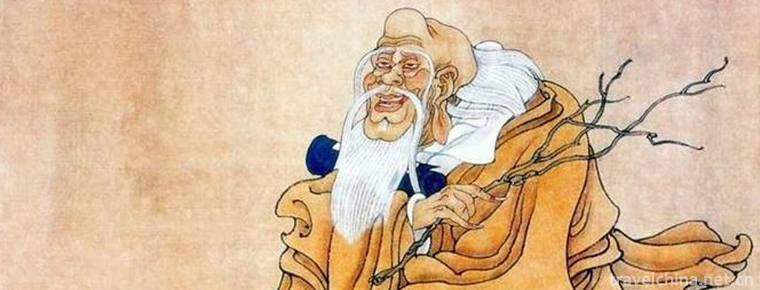
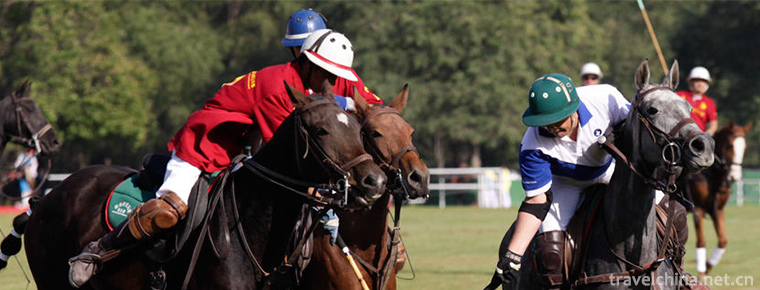
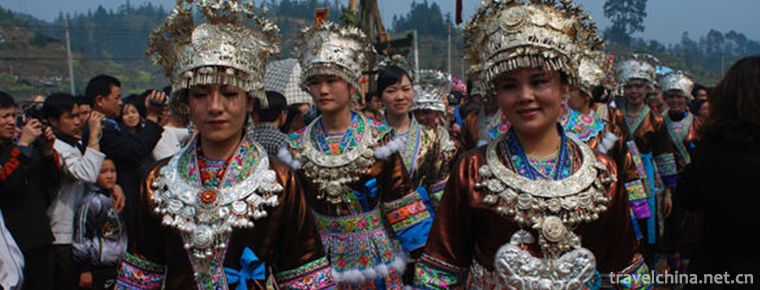
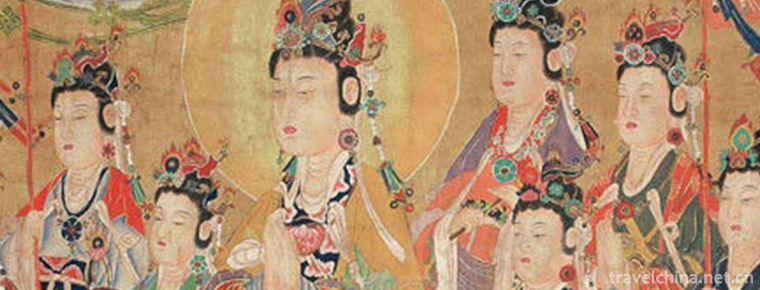


0 Questions